An attempt by Apple to dismiss a proposed class action lawsuit over a lack of air filters in the design of MacBooks and iMacs has been denied by a California District Court judge, as the motion to dismiss the "unwieldy" complaint was apparently "also unwieldy" in its own right.
In 2018, a class action lawsuit launched by law firm Hagens Berman Sobol Shapiro alleged Apple's design process for its iMacs and MacBooks made since 2013, in that they lacked dust filters and allowed dust and debris to slip in. The accumulation of dust is said to cause slowdowns and crashes when appearing on the logic board, or could cause "dark smudges or spots" on the displays.
In a filing for case number 5:18-cv-07196 to the US District Court for the Northern District of California reported by Law360, Judge Lucy Koh has issued an order denying Apple's attempt to dismiss the case without prejudice.
The plaintiffs filed an amended class action complaint against Apple in February, alleging a nationwide class and 14 state subclasses, 46 causes of action, and covering 126 pages in total. The following month, Apple filed a motion to dismiss all 46 causes.
"Not surprisingly, because the [Plaintiff's amended class action] is unwieldy, Apple's motion to dismiss is also unwieldy," write Koh in the filing. "Apple's motion is so unwieldy that Apple had to include a two-page summary chart of the causes of action and the bases of Apple's motion." It was deemed that the court "cannot analyze a motion to dismiss that addresses 46 causes of action and 14 different state laws."
Due to the "unwieldy" nature of the case, the court is also demanding parties to choose 5 causes of action each, a total of 10 collectively, to litigate through trial, effectively cutting out 36 of the 46 causes of action.
Cutting the claim count to simplify a lawsuit is not entirely uncommon, especially in cases that balloon in size. Before the high-profile Apple-Samsung lawsuit went to trial, Judge Koh attempted to streamline trial proceedings multiple times by demanding the companies pare down the number of claims to a more reasonable size.
At the time, Judge Koh commented that the pile of claims was a "cruel and unusual punishment to a jury."
The next meeting in the dust-related legal action is an initial case management conference set for June 19, where both sides are expected to have decided on their causes of action.
 Malcolm Owen
Malcolm Owen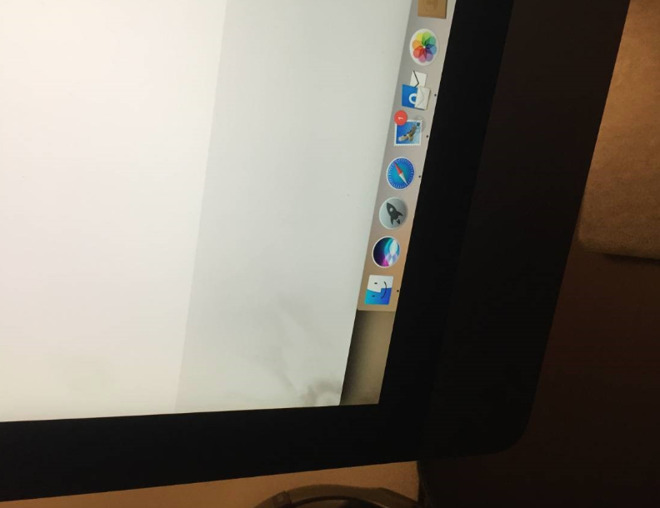

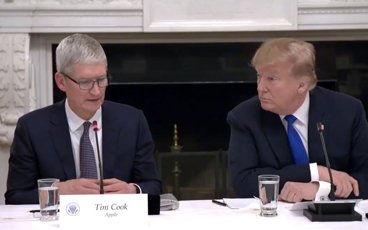
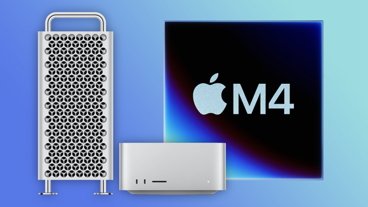
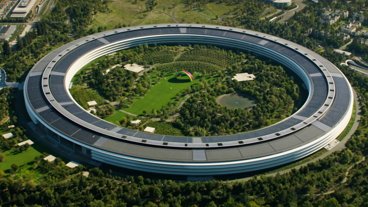



-m.jpg)






 Andrew O'Hara
Andrew O'Hara
 Christine McKee
Christine McKee
 Charles Martin
Charles Martin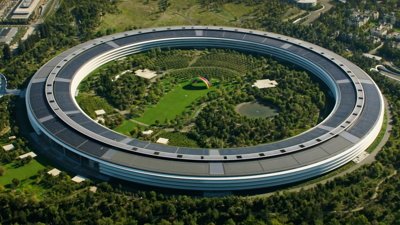
 Wesley Hilliard
Wesley Hilliard



 William Gallagher
William Gallagher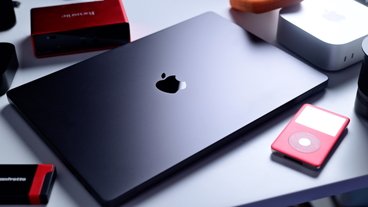







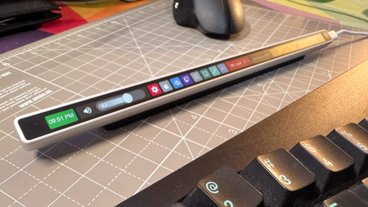

46 Comments
I just can’t decide. The eighth circle with frauds, evil councilors, false witnesses, and hypocrites. Or the forth circle with the greedy. Which circle of hell do these attorneys belong. Maybe we should create another one just for them: The Sewers
Even with politics aside, we live in a nation of opportunist assholes...
I've literally never heard of this, with the millions upon millions of Macs being sold. How many people did this affect? Like 5? Doesn't fucking sound like a design flaw if you don't have a reasonable percentage of consumers being affected by it. I've been using multiple Mac machines for more than a decade, and have never once experienced this issue, nor has anyone else I know. Funny how other tech companies don't get sued for real flaws in their products that actually affects a real percentage of their customers.
So if filters are added and clog up because the user didn't clean it causing the system to overheat and malfunction, Will they blame Apple for that too? This nonsense never stops. Every system becomes dirty over time but air still flows through the system as intended. Clogged filters impede airflow. But hey, your system will be cleaner when it dies prematurely.
Air filters in Macs? iFixit will go ballistic if they aren’t user replaceable. Will we be able to buy them from Filters-R-Us online?
Can’t wait for some troll to come in here and try to justify this lawsuit.